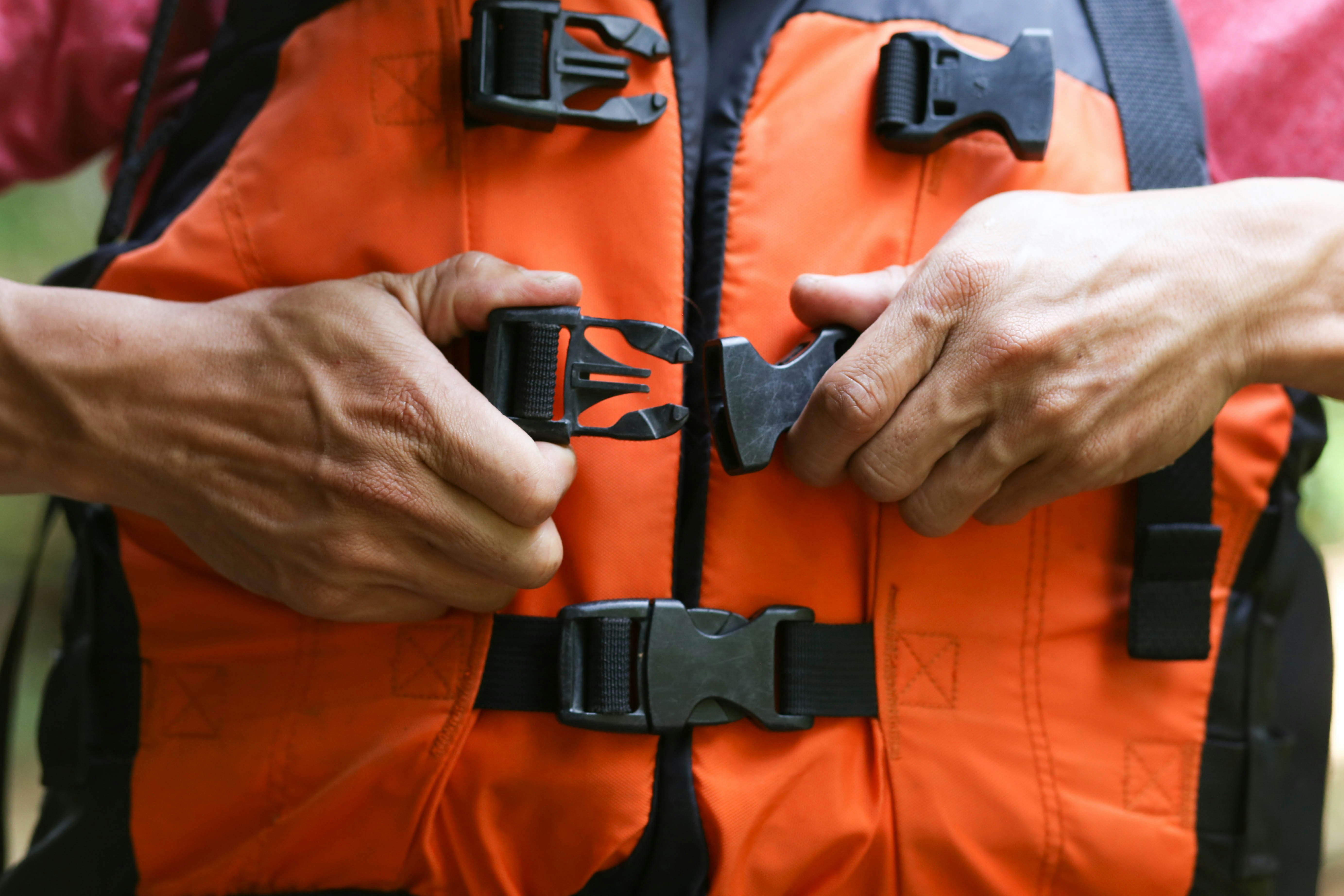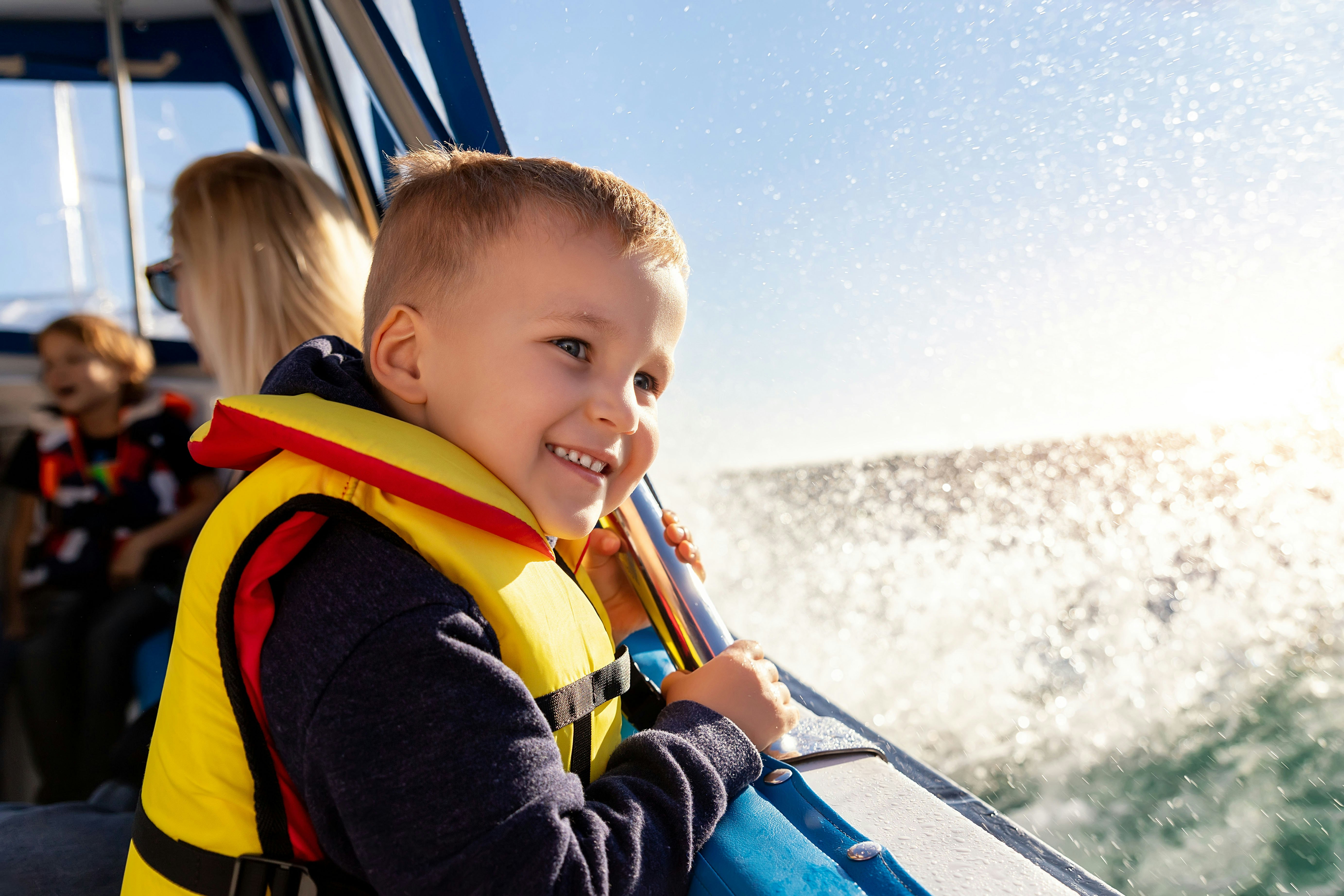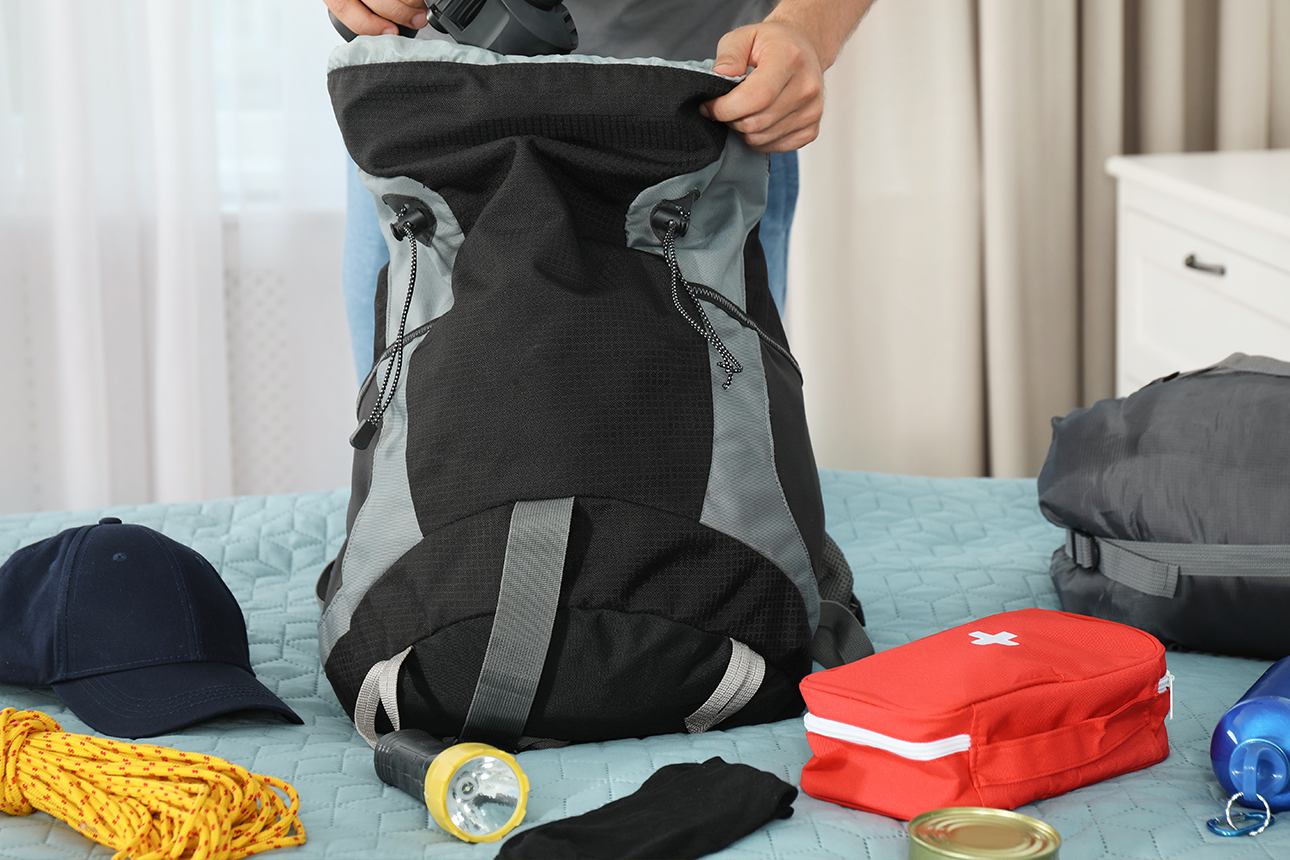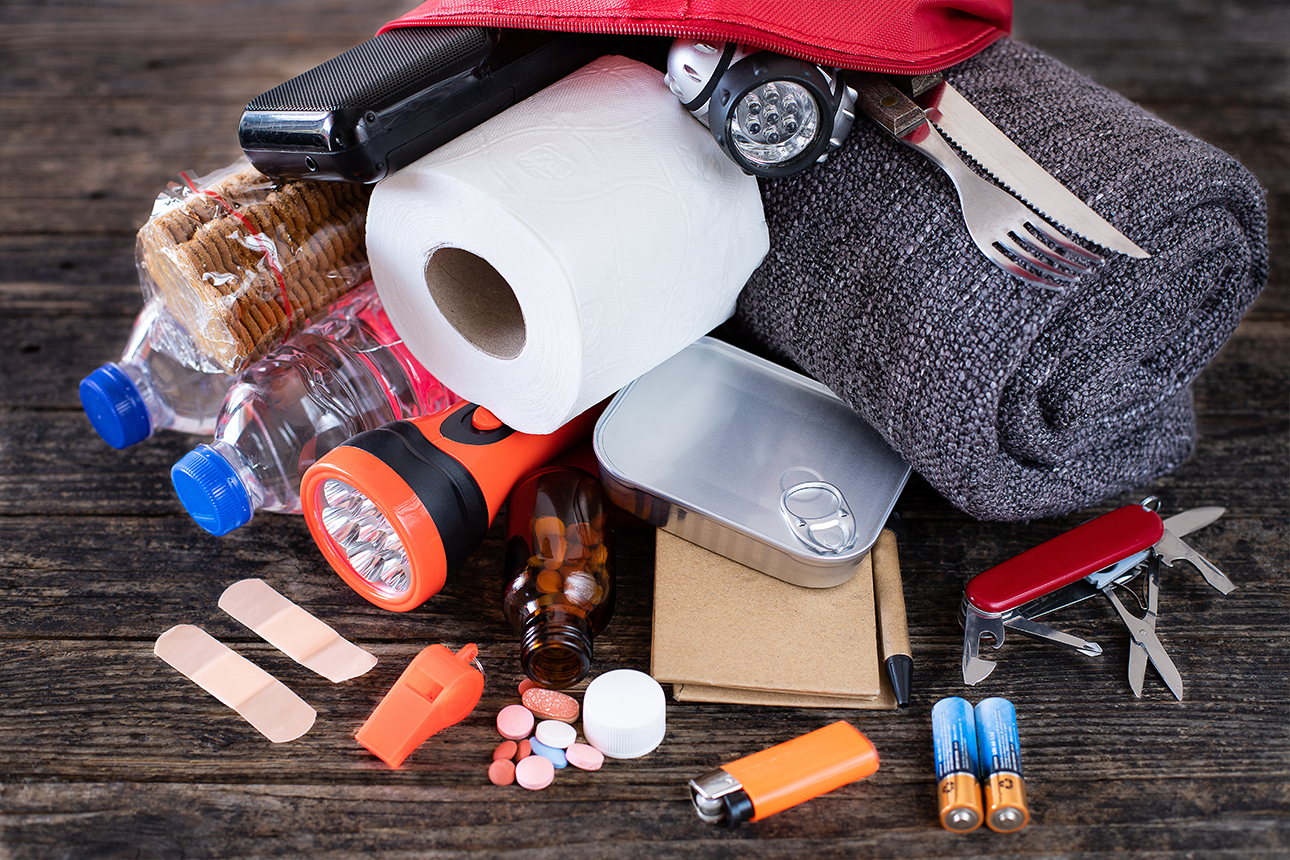
By Vanessa Pratley
Investigative Journalist | Kaipūrongo Whakatewhatewha
Three people share what it’s like to live through disaster.
Chucking valuables in the boot: the Port Hills fire evacuation
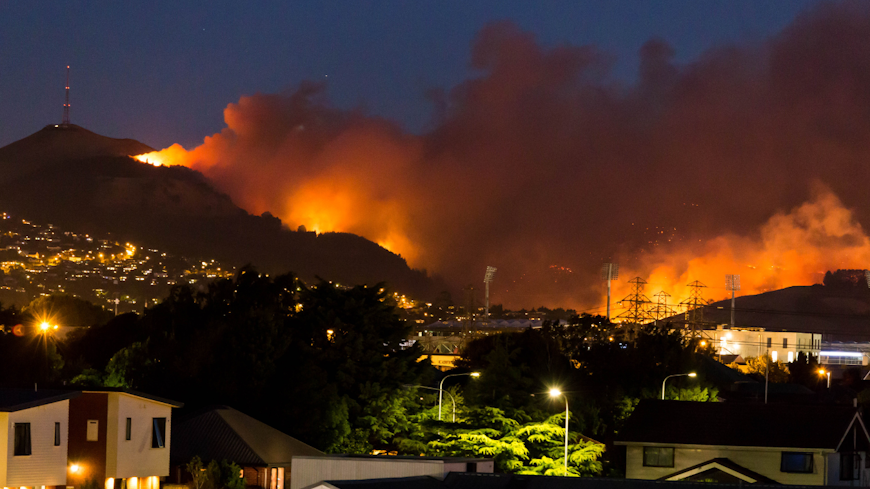
2017 Port Hills fires.
You could smell smoke in the air. In 2017, two separate fires had been creeping along the Port Hills near Christchurch for days.
The two blazes started on a Monday. They had been kept under control, and on Tuesday evening residents heaved a sigh of relief as the flames seemed to recede.
However, by the following morning, a blustering easterly breathed new life into the fires.
Jo was working from home that day. The walls were bare. She and her husband had decided to pack some of their valued art pieces into their cars when the fires began.
But they soon grew tired of canvases thumping around in the back seat and so when they heard the fires were contained, they left them stacked in the hallway.
When the gusts arrived, Jo and a group of neighbours kept watch. The flames were edging closer but weren’t quite threatening them yet.
“We were concerned about it, and on the day the wind changed, it looked okay first thing,” she said.
However, the wind grew stronger and within hours, the two fires had joined up on a path of destruction. The call was made to evacuate.
A game of Tetris began as the art was shoved back into the car, along with piles of clothes, the family dog and other random items. Jo and her husband left their home to find refuge at a friend’s house. They wouldn’t make it back to the house for four days.
After the rushed evacuation, they sat at the bottom of the hills and watched plumes of smoke illuminated by the light of the fire. As night fell, they saw just how far the glowing flames had spread.
“We thought the whole road was going to burn.”
Jo didn’t get much sleep that night. She’d been tossing and turning for hours when her phone buzzed at 2am. It was a notification advising her that power at the house was off. Her heart sank: “We thought, ‘well, it must have made it to the house’.”
A news report early the next morning seemed to confirm their suspicions. It told residents that 40 houses on Jo’s road had burned down.
“We were like, ‘well, that’s every house up there’.”
Jo was heartbroken.
Soon after, a correction was issued. It had been three houses, not 40, though another house burnt down that morning.
It was nightmarish, not knowing the fate of their home. Four days after the hurried evacuation, Jo was finally allowed to return up the scorched hill to see the devastation.
Surveying the damage, Jo was relieved: “We were super lucky.”
Even though the whole house needed to be stripped and cleaned, it had made it through.
But it was hard to be happy or relieved when she felt survivor’s guilt. The houses up the road were engulfed, their exposed foundations a testament to the fire’s ferocity.
“It was horrible, there was nothing left. Even the windows melted. There were pools of metal on the ground.”
Reflecting on the evacuation, Jo knew that being properly prepared would have made a difference.
“We should have had a list of the things we would want to take and left our bags packed at the front door. We didn’t even pack dog food.”
But for Jo, it was important to move forward.
“You can’t dwell on it … people are more important than stuff.
“It’s a bit like after the earthquakes, where for a while after the event you’ve got bottled water in the garage and things all ready to go. You do that for a few years and then eventually you become complacent.”
Jo knows that while it’s impossible to prepare for every eventuality, you’ve got to plan anyway and revisit that plan on a regular basis.
“We live in the Port Hills. It gets dry every summer and that fire won’t be the last fire that we have.”
A pond in the backyard: the Gore flood evacuation
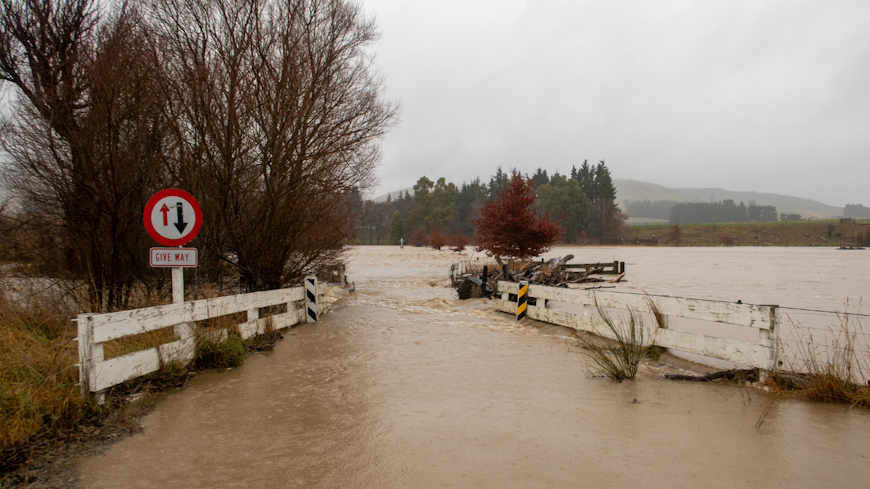
Water swamped the streets as Luke, a radio host in Gore, drove home on Tuesday 4 February 2020. He was in an excited rush because he and his wife would be travelling north to Dunedin for a concert that afternoon.
Luke didn’t think much of the waterlogged streets, though it was nothing he’d ever experienced. The rain had been falling for days and had created a pond in his backyard. At first, the pond was a novelty, but it soon became a nightmare.
Luke noticed something that gave him cause for concern. The water collecting on his property, which had been a little murky, had become dark brown and muddy over the course of an hour.
As alarm bells rang, he heard a knock on the door.
“It always seems like a remote possibility ... and then the impossible had become the inevitable.”
It was Fire and Emergency, urging residents to evacuate.
“You expect chaotic scenes from an American movie, people screaming at you to get out, but these guys were cool and calm.”
Luke rushed next door to check on the neighbours. The water sloshed over the tops of his gumboots as he navigated the slippery lawn. When he was sure the neighbours were safe, he returned to the house.
He and his wife grabbed the essentials, including their disgruntled dog, and waded through knee-deep water to higher ground.
From there, Luke set aside any fear for his own home and possessions. Instead of watching and waiting, he went back to work. He didn’t have a plan, nor did he know how long it would go on, but he knew his community needed help.
Needless to say, the concert was a no-go.
“Roads were closing and the river was rising. Tales were starting to creep on to social media.”
By 5pm, Luke was on the air, giving Southlanders important information, advice and, most importantly, peace of mind.
For Luke, communication was powerful. People tuned to the radio and could be consoled by hearing another human.
“People freak out. They need access to good information, which can mean they’re no longer afraid of the unknown or unsure about what’s going on. That’s really scary for people.”
That night when broadcasting wrapped, he and his wife went to a friend’s house where they cried. They weren’t sure what they would find when they were allowed back home.
The next morning on his way to work, Luke crossed the main bridge over the Mataura River and was terrified by the sheer volume of water roaring under it.
“I’d never heard anything like it, it was so angry.”
Two hours later, he delivered the message to all Gore residents to evacuate immediately. He carried on broadcasting, with Police, community groups, contractors with sandbags and others joining the show to support the town.
The power was cut off at one point, but the local lines company and a mate on a tractor came to Luke’s aid to make sure he could continue broadcasting.
As the rain slowed and the river calmed, most Gore residents were allowed back to their homes. But other parts of the wider area, such as Mataura and Luke’s house in East Gore, were still cut off, and listeners were desperate for information.
Luke was asked to break the news that evening that Mataura could reopen, but upon arriving at the scene, he was met with a “war zone”. Army barricades and sandbags signalled the devastation the community suffered.
On Friday morning, Luke finally saw the extent of the damage to his house. He wouldn’t be returning for a while.
Though Luke selflessly focused on helping his community through the disaster, he was affected like everyone else and admits that he could have been more prepared.
Having a grab bag on hand would have made things way easier, he said.
“I wouldn’t have been stressing or trying to pack everything like the dog’s vet records ... I would have had practical things like socks and underwear.”
He also knows how lucky he was to be able to stay connected to his community over radio.
“There’s nothing scarier than not knowing anything.”
Scrambling to collect precious things: the 2022 Nelson flood evacuation
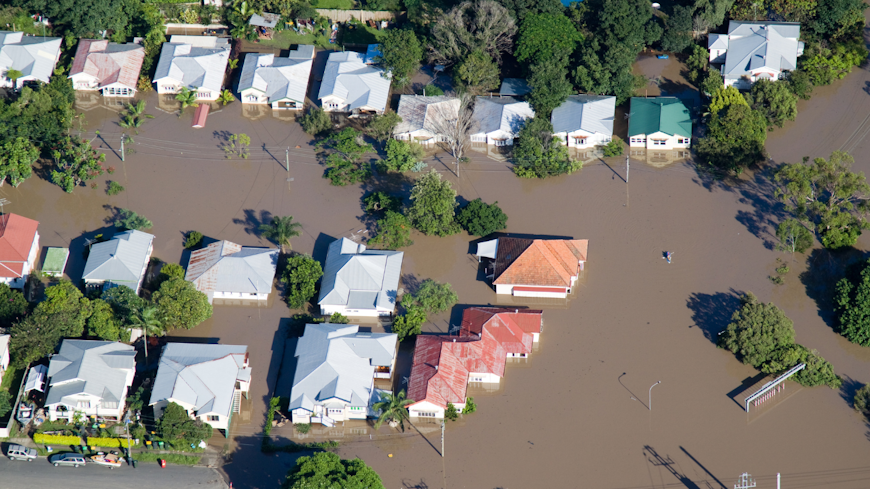
Anne’s Nelson house was a sanctuary where she had raised her three children. She renovated and poured hours of love into the garden. It was where she created memories and kept her precious possessions, and for 24 years she called it home.
In August 2022, Anne, who shared the home with her daughter, her daughter’s partner, youngest son and grandson, was on alert. She’d been warned of a severe weather event on its way, with heavy rain and possibly flooding.
Her house had survived two floods before – one in 1998, just after she’d moved in, and the other in 2011.
Both times were worsened by a blocked culvert in the street above Anne’s, so again she and her neighbours were holding vigil over the drain. They took it in turns to make sure it was clear. They also watched the nearby Maitai River; it was known to burst its banks and it had been rising steadily.
Anne was at work on the afternoon of Wednesday the 17th when her daughter called.
“She asked me to come home. The river was higher than she’d ever seen it.”
By the time Anne arrived, the river had burst its banks downstream from the house. She sprang into action when she saw water flowing freely into a neighbour’s home.
“It was all downstream from me, so I wasn’t concerned for myself at that point,” she said.
Despite their best efforts, they couldn’t stop the flooding over the road. To make matters worse, the river had burst its banks upstream, and the culvert couldn’t handle the pressure of the deluge any longer.
Nelson City Council maintains that no culvert in the country could have done so.
The call to evacuate had been made with no time to spare. The edge of the water approached her property as Anne made her way inside.
After experiencing previous floods, Anne had a plan. She grabbed the emergency evacuation list she kept handy.
When it came to grabbing things, her philosophy was ‘essential, important and precious’. That meant the cat, food and clothing. Scrambling, Anne and her family evacuated their home.
Mother Nature had other plans, however. Uphill, there was a slip and piles of clay were cascading down onto the road. Further downhill, the river’s rushing currents threatened to destroy the bridge. They were trapped.
While crews worked on clearing the slip, Anne and her family decided to return to the house, not to rest, but to rescue.
They stacked photo albums on the dining table and piled food up high. Bottom drawers were moved up on top of dressers. Anything else they could save was shoved out of reach of any potential flood waters.
Anne said the final thing she saw as they drove away “was water pouring into my property from under my neighbours’ fence”.
It was two days later that Anne was allowed to survey the damage.
“We pretty much knew before we opened the door that the house had been flooded.”
The yellow sticker on her front door said it all.
Silt and mud had collected in the carpets, and as Anne squelched through the house, she realised they wouldn’t be returning to live any time soon.
“My daughter and I just stood in the lounge and broke down in tears.”
With nowhere to live, Anne and her family turned to social media to find somewhere to stay. After a month in a motel, Anne was lucky to find a rental, and slowly began getting used to her family’s new living arrangements in “a sea of boxes”.
“The first month was a bit of a blur … I was exhausted.”
Anne’s house still isn’t much of a home. It’s just a frame with everything inside removed. There’s still mud in the corners of rooms and most of her possessions are in the landfill. She’s thankful she had insurance, but the flood-prone nature of her property means it could happen again.
The empty house reminds Anne of what she’s lost, but also what she’s still got: her essential, important and precious things – such as her family.
You shouldn’t rely on a natural disaster to be your wake-up call
Emergencies like the ones that impacted Jo, Luke and Anne can happen any time, anywhere. It’s up to you to be prepared.
In its most recent climate report, the Ministry for the Environment said as temperatures increase across New Zealand, we’ll see more drought and wildfires. The predicted increase in severe weather events will also see more flooding and coastal erosion.
It’s important to have an emergency plan for your household so you know what to do when disaster strikes. You might be without access to water, food and power for a while, and an emergency kit can make sure you and your family have everything you need to survive.
To learn more about getting prepared, visit getready.govt.nz, and check our in-depth guides, How to make a home emergency plan and How to make a home emergency kit.
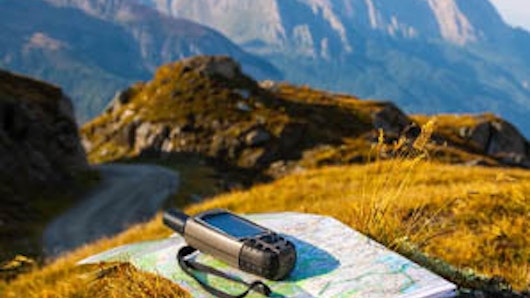
Emergency alerting devices
If you're heading into the remote outdoors, take an emergency alerting device and make sure you choose the right type.
